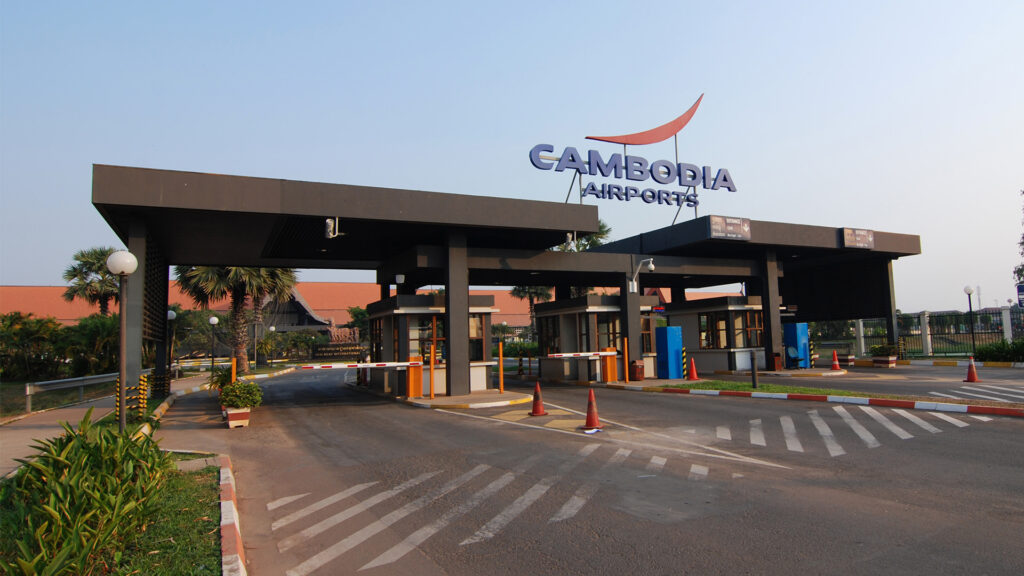
Goel & Trivedi v Ryanair – a question of contractual limitation for EU261 claims, August 2015
On 6 August 2015, in an appeal concerning a claim for compensation under EC Regulation 261/2004 (the regulation), the County Court at Manchester examined the scope of a provision in Ryanair’s general conditions of carriage (GCC), purporting to extinguish any right to “damages” if an action was not brought within two years of the date of arrival at destination.
Contractual provisions of this nature are common in carriage by air contracts, and their wording typically, and purposely, mirrors that contained in international carriage by air conventions (the conventions). Few airlines have sought to rely on similar or identical provisions when defending claims brought under the regulation. However, the industry standard nature of the provision in question will undoubtedly have made this a case of interest to airlines, irrespective of their choice of litigation strategy.
Whilst the appeal was predicated upon several grounds, the issues of interest centred upon the relationship between the GCC and article 15.1 of the regulation, and whether the applicable term within the GCC was unfair. The relevant provision, clause 15.2 of the GCC, was as follows:
“15.2 – Any right to Damages shall be extinguished if an action is not brought within two years of the date of arrival at destination…The method of calculating the period of limitation shall be determined by the law of the court where the case is heard”.
The appellant passengers sought, firstly, to argue that compensation under the regulation did not fall within the definition of “Damages” as defined in the GCC. The provision, set out above, can be regarded as standard and easily recognisable as language derived from the various conventions, which have the effect of extinguishing claims after two years. Existing jurisprudence and academic literature have already distinguished the standardised compensation under the regulation from the umbrella of ‘damages’, so as to avoid offending the issues of exclusivity that come with the conventions. Perhaps unsurprisingly, the court took little persuading that the definition of damages from a clause founded on convention principles, did not encompass compensation under the regulation.
Despite finding that compensation under the regulation was not covered by the wording of clause 15.2, the court went on to examine whether the language of clause 15.2 sought to limit or restrict a passenger’s rights under the regulation, a practice specifically prohibited under article 15.1 which provides “obligations vis-a-vis passengers pursuant to this regulation may not be limited or waived, notably by a derogation or restrictive clause in the contract of carriage”.
The appellants argued that the right being restricted by clause 15.2 was the right to receive compensation pursuant to the carrier’s obligations in the regulation. Ryanair however argued that clause 15.2 only serves to restrict the right to enforce the carrier’s obligation and not the right to receive compensation. Thus, it was argued, it did not constitute a derogation from the regulation. In its conclusion, the court interpreted the words of the GCC as limiting or restricting Ryanair’s obligation to pay, which therefore fell foul of article 15.1 of the regulation.
It is noteworthy that the judgment concerned the specific wording of clause 15.2 which has since been changed by Ryanair to incorporate a reference to “compensation” as well as “damages”. The court did not go so far as to suggest that wording could not be formulated so as to achieve the result which Ryanair was arguing for in this case.
In the event a GCC clause could be re-formulated so as to not fall foul of article 15.1 of the regulation, it would still be subject to a test of fairness. The proposition that clause 15.2 was an inherently unfair term of contract was raised as a final ground of appeal. However, the court declined to give a ruling on this point. This particular line of argument had not been raised at first instance and evidence would have been required from the parties to enable the court realistically to make any finding on it.
Comment
The implications of this judgment do not appear to be as wide as initial media reports would suggest. The court’s decision is limited to specific GCC wording, which has now been changed, and the possibility of formulating alternative wording – perhaps not based upon the “extinguishing” of claims – to achieve a similar result does not appear to have been excluded. That said, any re-formulated clause would still be subject to a test of fairness. The court has offered no further insight on that issue, though one anticipates that the argument would be a challenging one – particularly before a higher court. The question as to whether an airline can, in any circumstances, vary the six year limitation period in England for a claim under the regulation therefore remains unresolved and looks set to be subject to further litigation for some time.
Download a PDF version of ‘Goel u0026 Trivedi v Ryanair – a question of contractual limitation for EU261 claims, August 2015’











